23 Feb 2026
Peter Dahlén, Technical Director at Holmen Board and Paper speaks at WISE Dialogue 2026
We are pleased to introduce Peter Dahlén as one of our speakers at the WISE Dialogue conference on March 17–18.
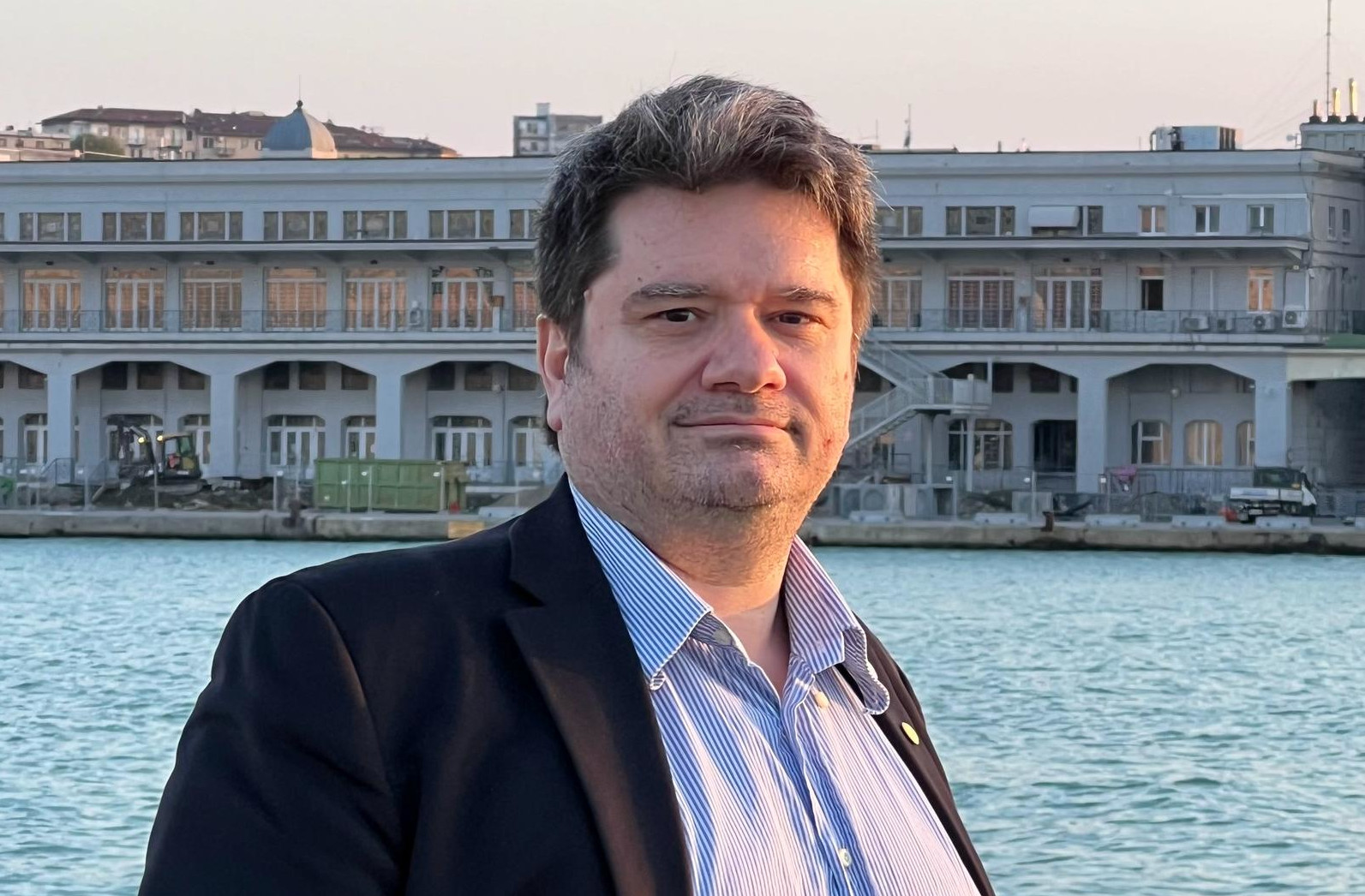
23 Oct 2025
“Our society is increasingly dependent on technology. Take smartphones, for example: our entire lives are stored in them. Yet most of us are unaware of how energy-intensive their production processes are, how toxic or scarce some of the materials used in these devices can be, or how poorly many technologies are designed for recycling”, says WISE Guest Professor Federico Rosei at LTU.
Through the GP Program, WISE aims to both strengthen excellent research environments in Sweden and introduce new collaborations, perspectives, and research areas. By engaging with internationally recognized researchers like Professor Rosei, WISE continues to expand its global network. We had the opportunity to sit down with Professor Rosei to talk about his research, his experiences, and his new role as a WISE Guest Professor.
I began my scientific career in Italy, where I studied physics. After a short period in Denmark, I moved to Canada, where I spent a large part of my career before recently returning to Italy to the University of Trieste. During this time, my research gradually shifted toward materials science and applied physics, allowing me to focus on addressing major societal challenges.
Over the past 15 years, my work has centered on solar technologies, particularly photovoltaic materials (like those used in solar cells), photoelectrochemical cells for hydrogen production from water, and solar windows (transparent surfaces capable of generating electricity). In our lab, we design and synthesize new materials, study their properties, and use them as building blocks to develop solar technological devices, which we then test and evaluate for performance.
In my research, I address several Sustainable Development Goals (SDGs), specifically SDGs: 3, 4, 6, 7, 9, 12, and 13. While I thought for a long time that energy (SDG 7) is the bottleneck, I eventually realized that SDG 12 (Responsible Consumption and Production) is the most pressing challenge. Our society is increasingly dependent on technology. Take smartphones, for example: our entire lives are stored in them. Yet most of us are unaware of how energy-intensive their production processes are, how toxic or scarce some of the materials used in these devices can be, or how poorly many technologies are designed for recycling.
In short, the energy transition needs to be viewed from a broader perspective. It’s not enough to develop the most efficient solar cells, the entire manufacturing process and end-of-life management must also be sustainable. A similar challenge exists with batteries for vehicle electrification: do we even have enough lithium to meet the increasing demand?
Materials need to be used in a sustainable way. When designing new technologies, we must consider from the very start the availability of materials, their relative toxicity and how they can be recycled. During the design phase, we should ask ourselves: can we develop technology using less energy? Are we minimizing material waste? Are the production processes too energy-intensive?
I also believe there is an important role in outreach and education. The public needs to understand that achieving sustainability might sometimes mean accepting lower performance in our technologies. Building awareness and understanding around these trade-offs is a key part of creating a sustainable future.
About twenty years ago, I co-authored a book titled “Survival Skills for Scientists,” which focuses on soft professional skills that are increasingly important to succeed in research. I would summarize it into two key qualities: i) drive and motivation, and ii) adaptability. Being intelligent is important, but it’s not enough to guarantee success. Adaptability matters because environments change: funding priorities, political directions, and research trends can all shift. A successful scientist needs to adapt and broaden their interests to stay relevant throughout their career.
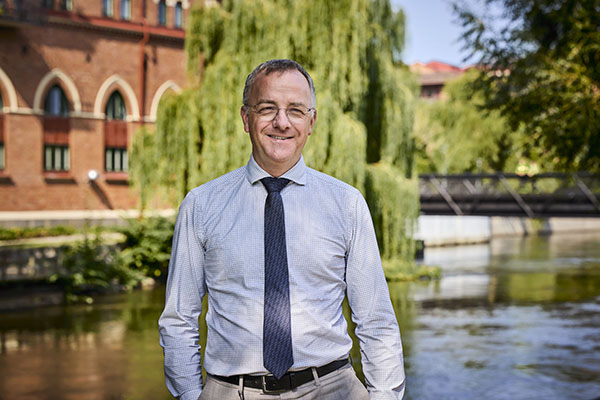
23 Feb 2026
We are pleased to introduce Peter Dahlén as one of our speakers at the WISE Dialogue conference on March 17–18.

13 Feb 2026
The call text for the WISE Academic Project Call 2026–2027 (WISE-ap3) is now available. The application portal opens on 1 December 2026.
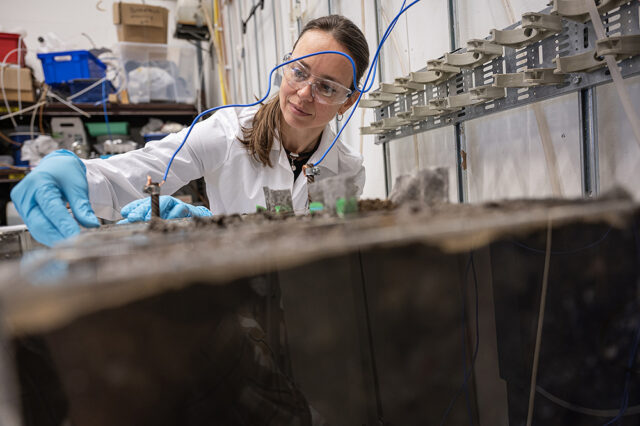
13 Feb 2026
WISE is introducing the WISE Research Master’s Thesis, a new research preparatory initiative designed for Master’s students in engineering and natural sciences.
Picture credit: Luleå University of Technology
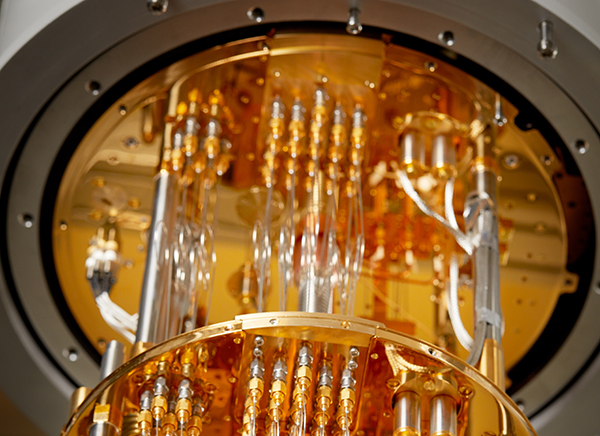
11 Feb 2026
Eight collaborative research projects joining quantum technology and materials science have been approved funding. Together, the projects receive 1 MSEK each.
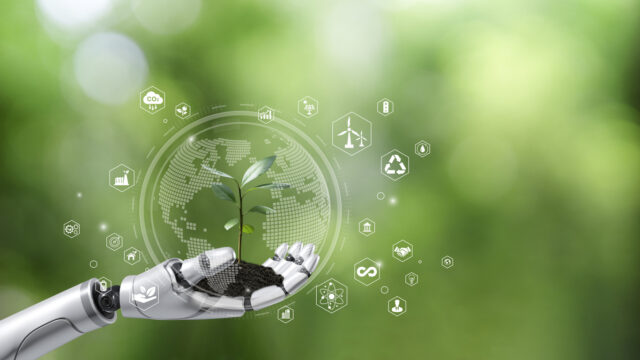
2 Feb 2026
WASP and WISE hereby announce the WASP–WISE 2026 call for NEST 2 (Novelty, Excellence, Synergy, and Teams) is open.
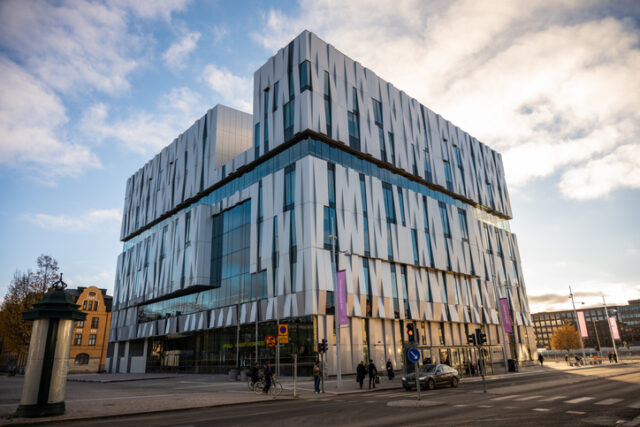
27 Jan 2026
WISE Dialogue 2026 is approaching – the major annual gathering for the entire WISE community!

20 Jan 2026
Don’t miss the chance to hear from two internationally renowned researchers in an upcoming digital seminar on February 5, 2026, from 3-4 pm CET.

16 Jan 2026
WISE is preparing its 3rd Academic Project Call (WISE-ap3) to fund PhD and postdoc research advancing sustainable, eco-friendly materials and manufacturing processes.
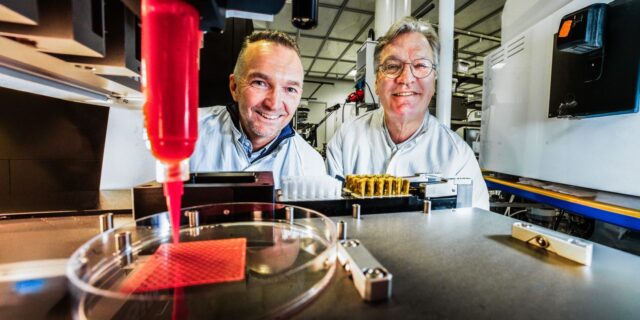
22 Dec 2025
“Sustainability is at the center of everything we do. Our research focuses on some of the greatest challenges of our time – such as how we extract raw materials, use energy, deal with emissions and reduce waste.”
Photo credit: Thor Balkhed, Linköping University
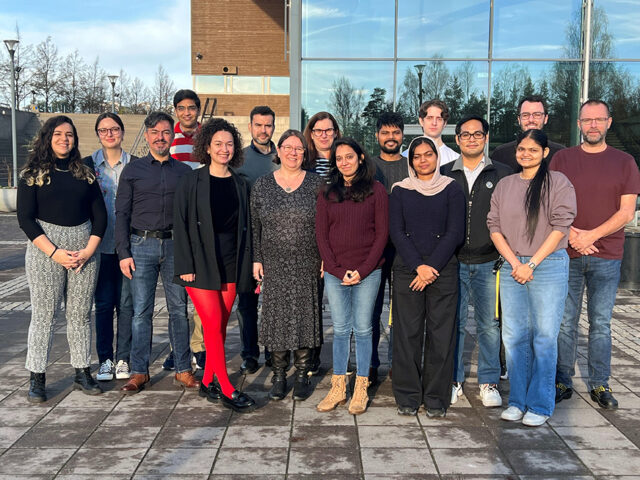
16 Dec 2025
Research on organic solar cells at Karlstad University is advancing with support from WISE.

15 Dec 2025
On February 2, 2026, WASP and WISE will launch a joint call for proposals for five-year NEST projects.
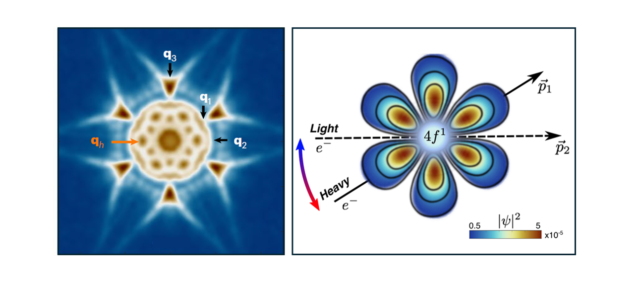
11 Dec 2025
“Ce-based systems continues to surprise us in their unique physical and chemical properties, and the current discovery certainly should be placed under WISE thematic area Discovery, with hope to become a key ingredient in applications for sustainability”, says Prof. Eriksson from Uppsala University and WISE co-director.

5 Dec 2025
“For us it is important to work with sustainable materials and make sure that we manufacture them employing low-energy processes. We think from the beginning what elements we are going to use -their availability, price, recycling possibilities, etc.”, says Professor Thelakkat.
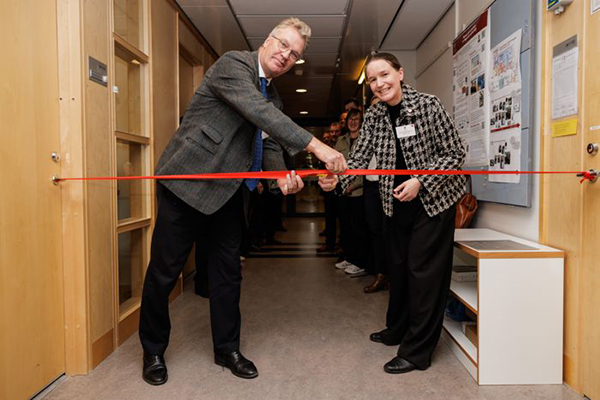
28 Nov 2025
The Uppsala node of the WISE Additive Research and Technology Platform (RTP) was officially inaugurated this week, marking a significant step in strengthening Sweden’s national research capacity in additive manufacturing.
Picture credit: Tobias Sterner, Bildbyrån
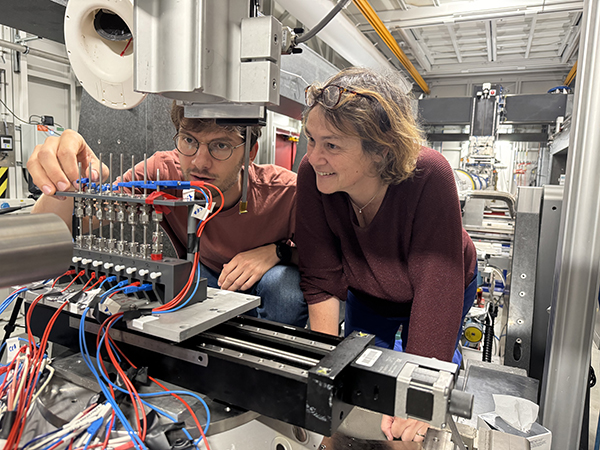
25 Nov 2025
Energy storage is one of the great scientific challenges of our time. To move toward a more sustainable society, we need batteries that are not only efficient but also environmentally responsible.
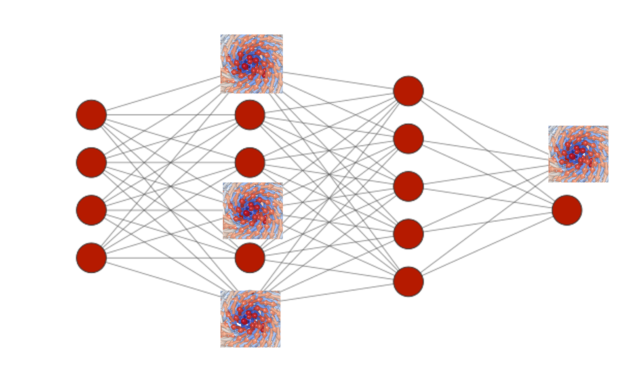
20 Nov 2025
Join us for the 7th Machine Learning Meets Materials Science Seminar, part of the WASP–WISE initiative! Mark your calendars: November 26 at 10:00!

17 Nov 2025
Uppsala University’s WISE Symposium series will spotlight cutting-edge sustainability research on November 26, 2025, with a webinar dedicated to the environmental aspects of additive manufacturing.

12 Nov 2025
On December 4, 2025, from 15:00 to 16:00, Uppsala University will host a WISE Guest Professor Lecture featuring Professor Julie Beth Zimmerman and Dr. Sandrine Lyonnard, both WISE Guest Professors at the university.
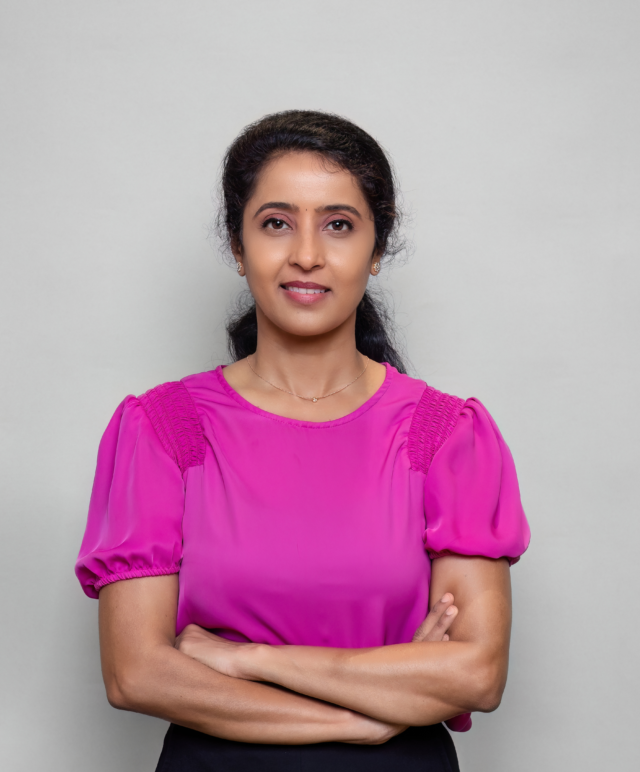
11 Nov 2025
“This talk explores the emerging frontier of biotechnology in enabling greener battery technologies, specifically through biohydrometallurgy and bio-based materials, ” says Prof. Srinivasan Nanyang from the Technological University (NTU), Singapore.
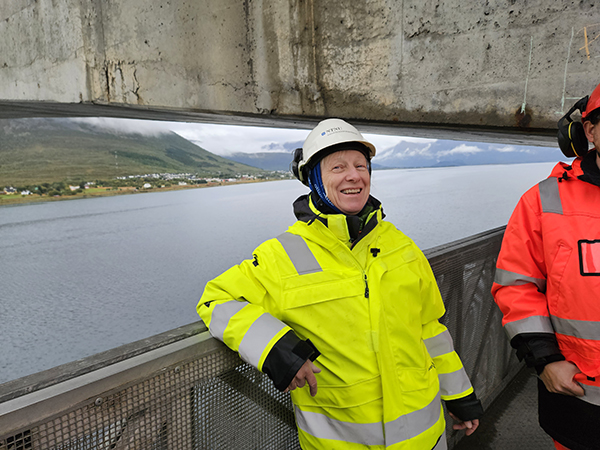
10 Nov 2025
As part of WISE’s Guest Professor (GP) program — one of our key initiatives to foster international collaboration and enrich student learning — we are delighted to welcome Professor Mette Rica Geiker from the Norwegian University of Science and Technology (NTNU) to Chalmers University of Technology.
Picture by Ann-Marie Thoresen at Statens Vegvesen
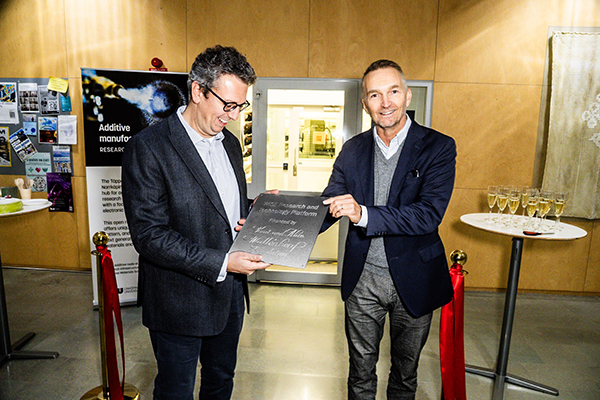
6 Nov 2025
The inauguration of the WISE Additive node at Linköping University (LiU) took place this week, marking an important milestone in the development of Sweden’s research infrastructure for additive manufacturing and soft electronics for sustainability.
Picture by Thor Balkhed, Linköping University
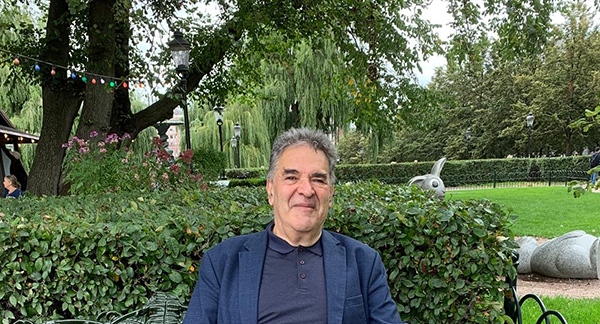
3 Nov 2025
The Guest Professor (GP) program is one of WISE’s recruitment and outreach activities, designed to foster international research collaborations and support the development of our students.

27 Oct 2025
The Wallenberg Centre for Quantum Technology (WACQT) and the Wallenberg Initiative Materials Science for Sustainability (WISE) have launched a new call for proposals — now open for applications!

22 Oct 2025
The Wallenberg Initiative Materials Science for Sustainability (WISE) seeks a Director of Sustainability to lead and develop the initiative’s strategic sustainability efforts.

20 Oct 2025
“I think it is important to observe and learn from nature. Nature does not waste. What one organism discards, another uses as energy. The key question for us is how we can minimize and reuse our own waste, how we can create more with less”, says WISE Guest Professor Alexander Bismarck from University of Vienna.

16 Oct 2025
We’re thrilled to kick off the WACQT-WISE Pilot Call 2025 with an inspiring webinar.
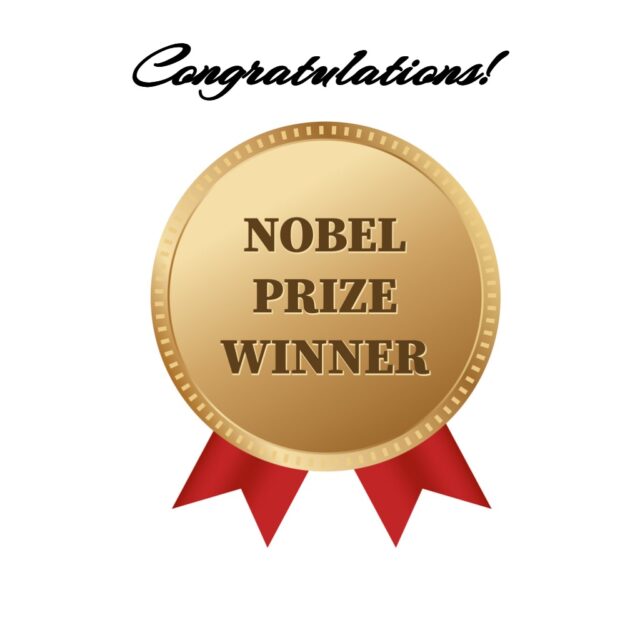
14 Oct 2025
—Quantum phenomena and materials science have once again demonstrated unique phenomena with the potential to benefit society, says Professor Olle Eriksson at Uppsala University, WISE Co-Director and Chair of the Nobel Committee for Physics.
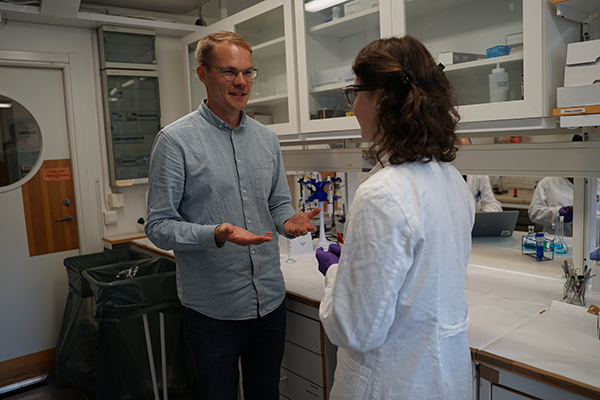
9 Oct 2025
In a world increasingly powered by lithium-ion batteries—from smartphones to electric vehicles—the race is on to find cleaner, smarter ways to recover this critical metal.
Photo taken by Retain.
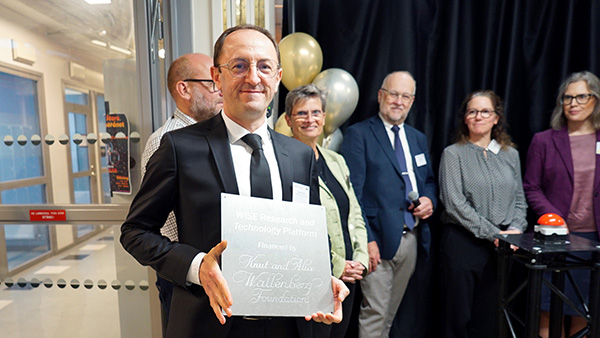
3 Oct 2025
On 2 October 2025, Chalmers University of Technology officially inaugurated its new additive manufacturing infrastructure: AM@Chalmers and the Chalmers WISE Additive node.

3 Oct 2025
The Wallenberg Centre for Quantum Technology (WACQT) and the Wallenberg Initiative Materials Science for Sustainability (WISE) are launching a new call to spark collaboration at the cutting edge of research.